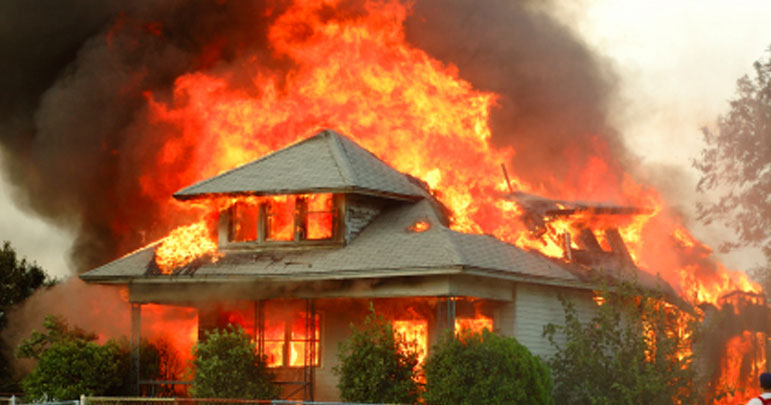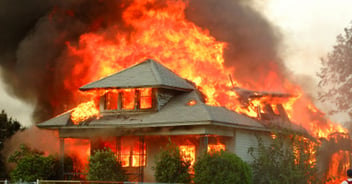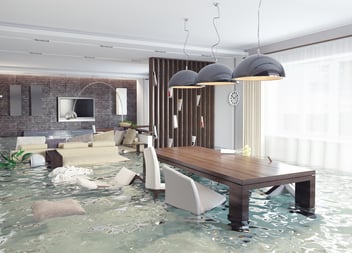Electrical fires are the leading cause of home fires in the country, causing approximately 51,000 fires every year, leading to over 1,400 injuries and 500 deaths, and about $1.3 billion in property damages. Fires can cause massive damages to a home, including damage to drywall, insulation, flooring, HVAC systems, and other structural damages, in addition to the losses of personal property within the home.
Before You File
Before filing your insurance claim for an electrical fire, make sure you get the case number from your fire marshal to include in your claim.
Once the site has been deemed safe by your fire department and power company, you can begin to survey the damages. Take photos and videos of the damage and begin putting together a list of the damaged property. This can help strengthen your insurance claim and will allow you to keep better records of your losses.
Determine what steps can be taken to help prevent further damage to your property. If you can, board up any gaps to help avoid vandalism or theft. You can also erect a fence around the property to keep people away while your repairs are underway. Cover the leaky roof with a tarp to help mitigate damage from having a hole in the roof.
More Than Meets the Eye
There is often more damage to a home from an electrical fire than there appears to be at first. Smoke and heat can cause unseen damage to many parts of the home. You also may have water damage, which can lead to mold, from the hoses the firefighters use to put out your fire. The water damage may not be too noticeable a first, and the mold can take a little time to begin to grow to the point that you will be aware of it.
Insurance companies do not always cover mold damage, but if the mold is because of the fire, they are more likely to cover it. However, many insurance companies have added mold to their exclusions, and you may need to have to buy separate coverage for mold. Even if your insurance company does cover some of the damage from mold, it may not cover all of the damages. This is also one of the instances where an insurance company is more likely to cover water damages, if the damage was caused by the fire or putting the fire out.
Since there may be more damages than you are aware of right away, keep your insurance claim open for at least six months, so that you have ample time to discover any hidden damages that take their time to show up.
Exclusions
Insurance policies have exclusions to their coverage that you should be aware of. While your insurance is likely to cover most of the damage from the fire, there are some exceptions.
- If the fire was caused by an earthquake, it is likely not covered by your insurance policy.
- Arson is usually excluded from an insurance claim.
- Damage to a vacant home that does not have a vacant home policy.· Damage caused by war or civil unrest.




 Storm Damage
Storm Damage  Property Damage
Property Damage Appraisal Services
Appraisal Services Contact Us
Contact Us




.jpg)
 claims@ucspa.com
claims@ucspa.com Mon-Fri: 9:00am-5:00pm
Mon-Fri: 9:00am-5:00pm